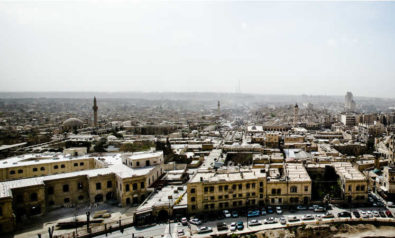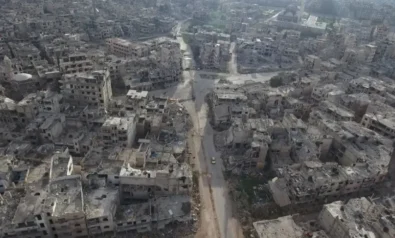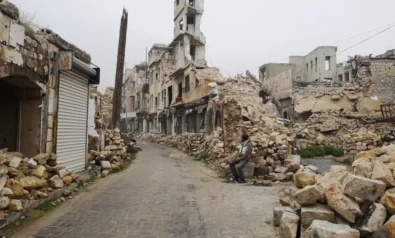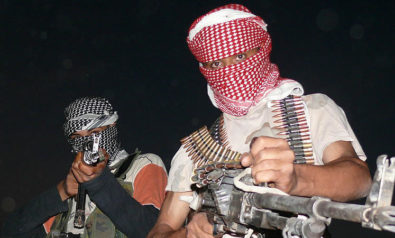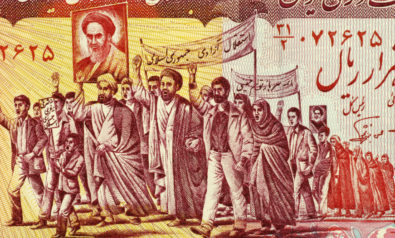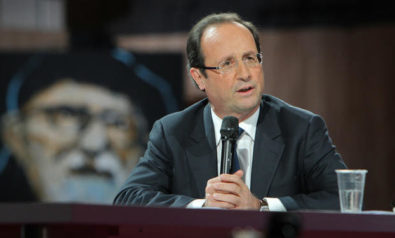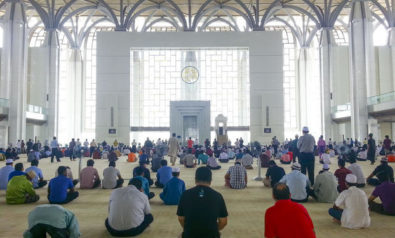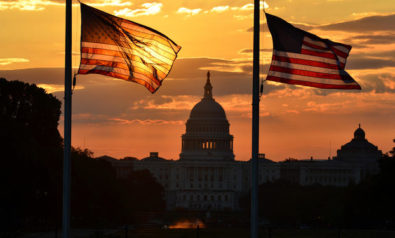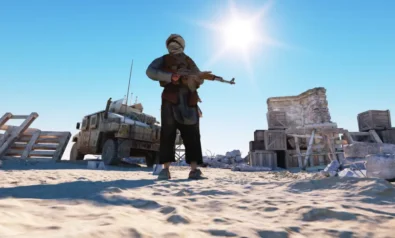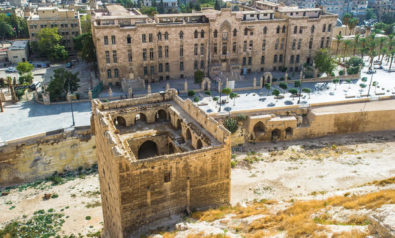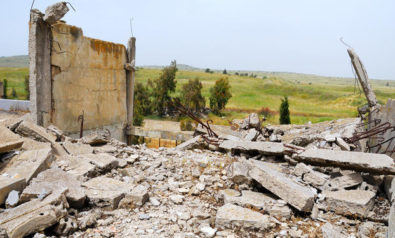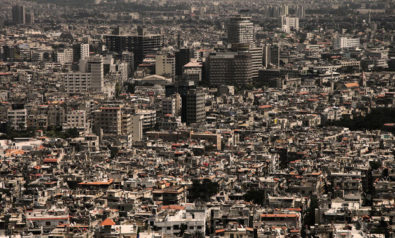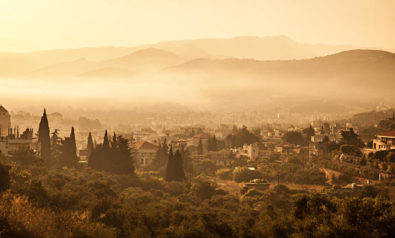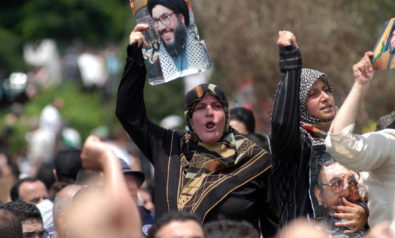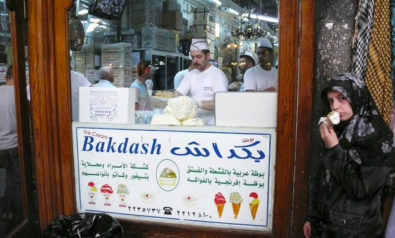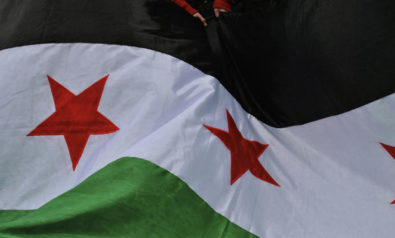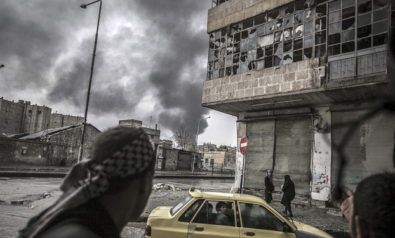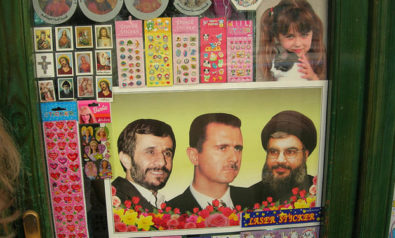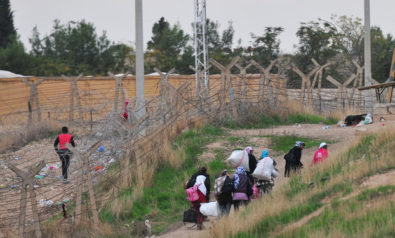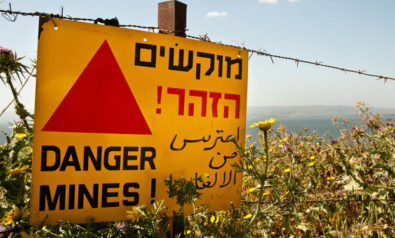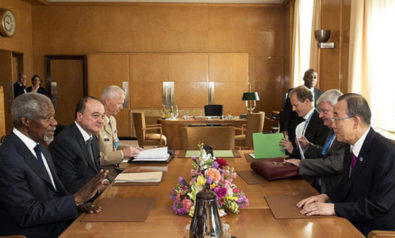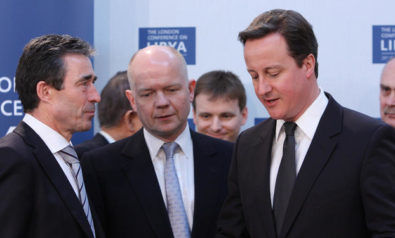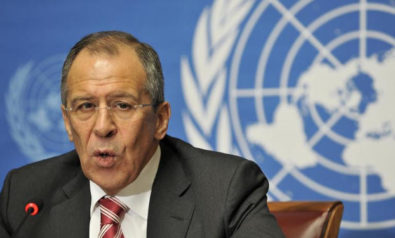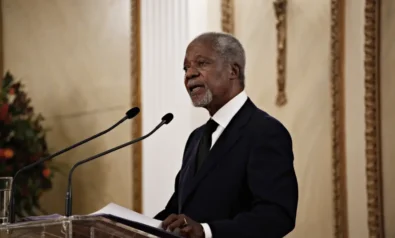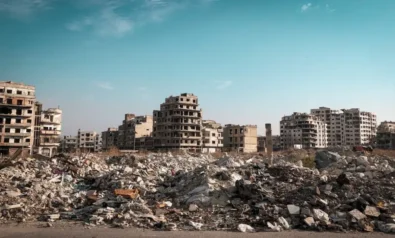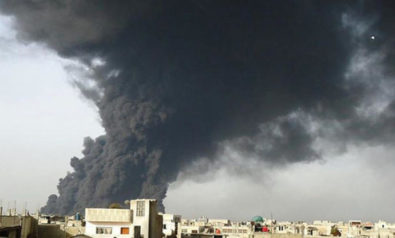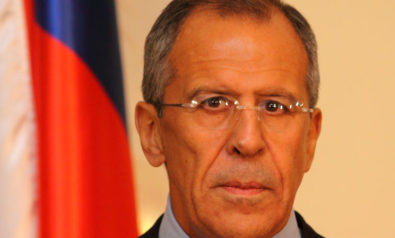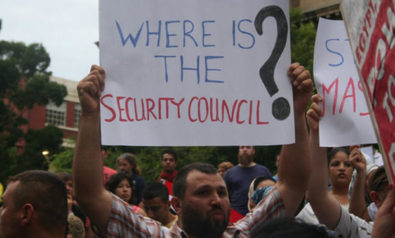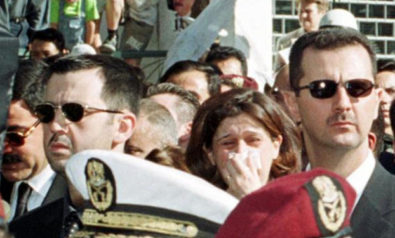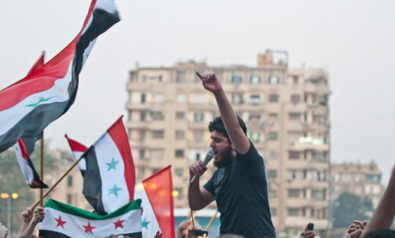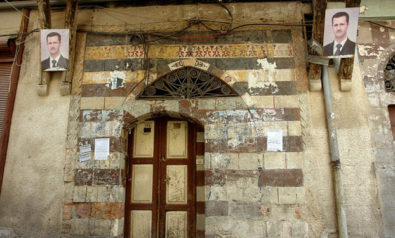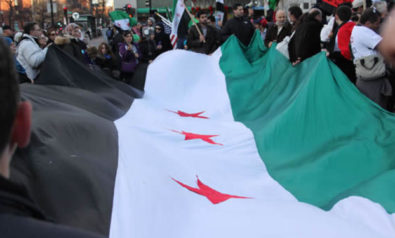A summary of the events that have marked the ongoing Syrian uprising.
In January 2011, the self-immolation of Mohamed Bouazizi sparked a popular wave of discontent that has been sweeping the Middle East and catalyzing a relatively rapid deposition of longtime political leadership. Syria, with Bashar Al Assad still clenching to power into the 11th month of popular revolt, remains a critically important exception.
The first echoes of the Arab uprisings reached Syria in March 2011. Two months earlier, sporadic protests against Assad’s regime erupted into a major nationwide revolt after Syrian security forces fired on a peaceful vigil. Assad responded with force against civilians in a crackdown that only spurred increasing demonstrations of discontent.
The situation deteriorated further with Assad clutching to power through a combination of a reformist veneer and violent crackdown. The resignation of the Syrian prime minister and most of the government followed, in an attempt to appease protestors' demands. However, Assad only escalated the suppression with mechanized forces and travel restrictions. Consequently, protests spread – most notably to Homs, Der’aa, Hama, Baniya, and Al-Qamishli. Meanwhile, by April 2011, Assad faced US and EU sanctions.
Over the summer of 2011, Syrian army defectors formed the "Free Syrian Army" (FSA) to act as the fighting arm of the opposition, facilitators of regime change and guardians of protestors. The FSA members began to fight – and continue to fight – street battles against Syrian security forces. Overall, Syria remains a human rights catastrophe and military quagmire. Since the uprising began over 7,000 people have been killed, according to activists. The Syrian regime questions this figure and has stated that the violence has seen the deaths of over 2,000 Syrian soldiers.
More recently, the Arab League expressed opposition to the Syrian regime’s crackdown and subsequently suspended Syria's membership to the 22 nation-bloc, imposed sanctions, and demanded Assad step down and cease the violence. To monitor compliance, in late December, the Arab League sent an ill-fated observer delegation to Syria. The observer mission, which failed to impede or even adequately observe the violence, was hampered by contingencies that prompted its withdrawal in late January.
Regional and global interests
In the Middle East balance of power, Syria has generally stood outside the US-Egyptian/Saudi-led political-security framework. This has led to Syria becoming closer to Iran, the armed militant and political movement Hezbollah, and away from Sunni Arab states.
Particularly in light of the recent Iran nuclear situation, Assad represents a counterweight to US interests in the Middle East and a boon to an increasingly isolated Iran. Syria, one of Iran’s sole remaining allies, facilitates Iranian resilience in the face of widespread negative sentiment and sanctions. In this vein, as well as due to Syria’s support of Iranian/anti-establishment initiatives, Assad remains a thorn in the side of the US.
A recently emboldened Russia, in a return to Cold War-style hedging, maintains close political and economic ties with Syria and, by proxy, Iran. China, while less divisive in words and action, is also closer to this alternative Middle East axis than the US would like. Meanwhile, Syria remains caught in the middle, and its fate could have dramatic consequences for the interests of global powers in the Middle East.
On February 4, a rare double veto by Russia and China ended furious debate in the UN Security Council over a resolution against Assad. The initiative, drafted by the Arab League and few EU states, was written to verbally sanction Assad and demand he diminish his power.
Solutions proposed to the humanitarian crisis run the gamut from diplomacy, to arming the rebels, to military intervention. Recently, the Arab League took matters further, and despite opposition from the Assad regime, proposed requesting a UN peacekeeping force to Syria. Despite wide support, obstacles to such intervention remain, including a fear of additional foreign commitments, uncertainty about the rebels, and Russia’s commitment to the Assad regime. In the meantime, lives of innocent Syrians hang in the balance as great powers jockey for a position on the geo-political stage.
Quick facts
-
Mostly Sunni, but ruled by an Alawite (a Shia offshoot) and secular Ba'athist regime.
-
Ongoing domestic strife and revolt has triggered a government crackdown since March 2011.
-
The Arab League, calling for an end to Assad’s regime, sent an observer mission that ended without success.
-
The UN Security Council debated a resolution that would admonish Assad and call for steps to end violence and diminish power. Russia and China vetoed the measure.
For more than 10 years, Fair Observer has been free, fair and independent. No billionaire owns us, no advertisers control us. We are a reader-supported nonprofit. Unlike many other publications, we keep our content free for readers regardless of where they live or whether they can afford to pay. We have no paywalls and no ads.
In the post-truth era of fake news, echo chambers and filter bubbles, we publish a plurality of perspectives from around the world. Anyone can publish with us, but everyone goes through a rigorous editorial process. So, you get fact-checked, well-reasoned content instead of noise.
We publish 2,500+ voices from 90+ countries. We also conduct education and training programs on subjects ranging from digital media and journalism to writing and critical thinking. This doesn’t come cheap. Servers, editors, trainers and web developers cost money.
Please consider supporting us on a regular basis as a recurring donor or a sustaining member.
Support Fair Observer
We rely on your support for our independence, diversity and quality.
Will you support FO’s journalism?
We rely on your support for our independence, diversity and quality.


